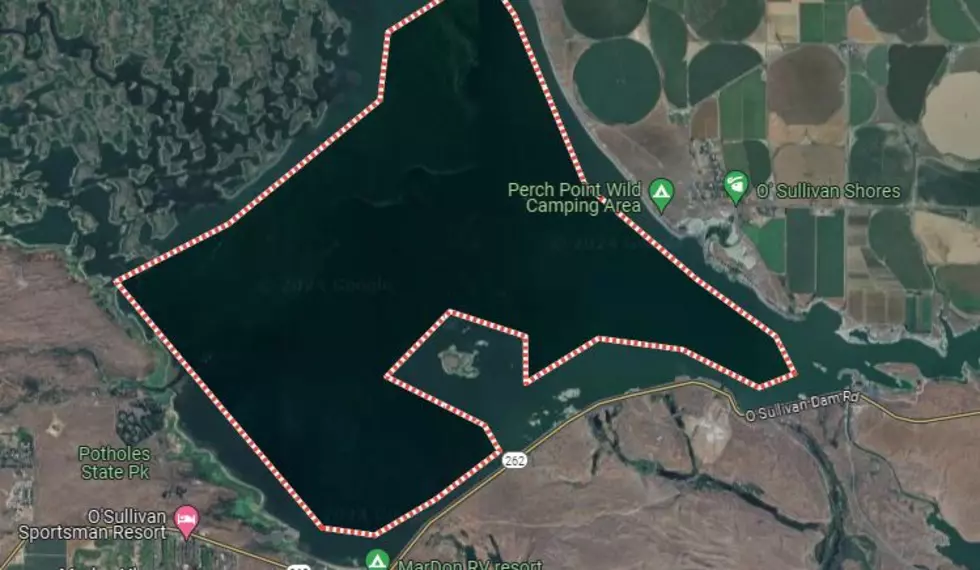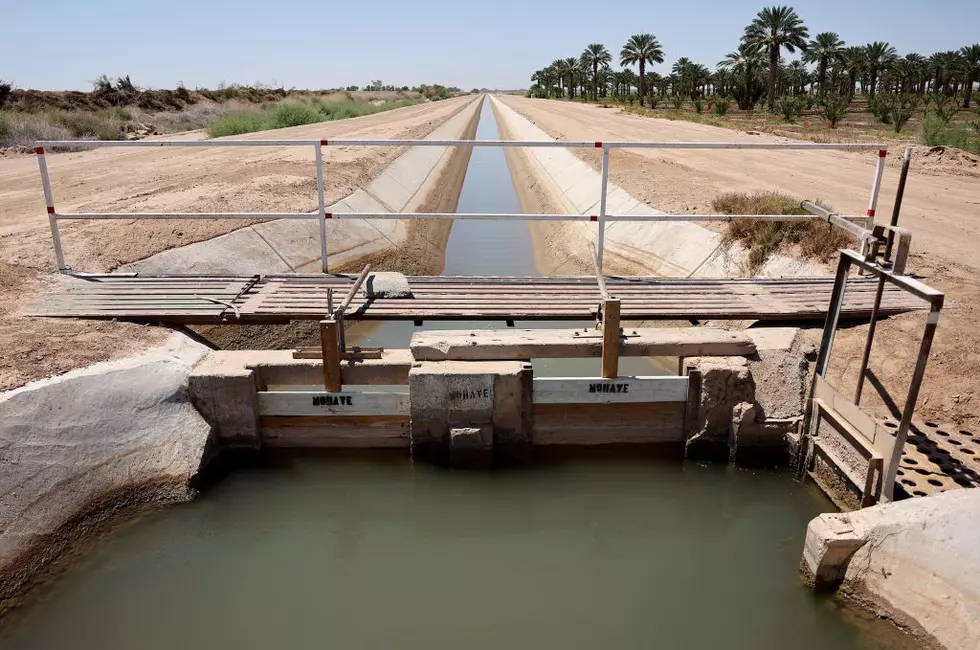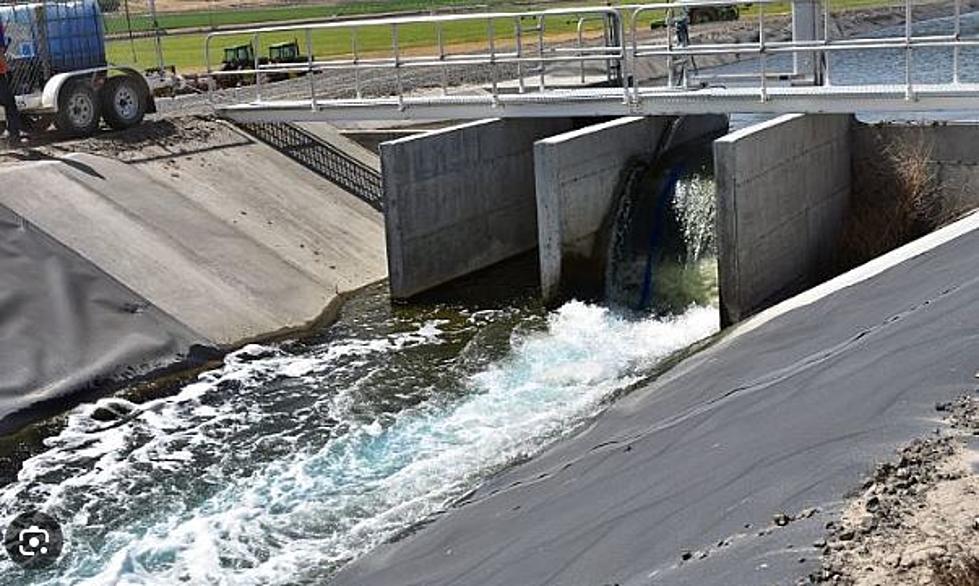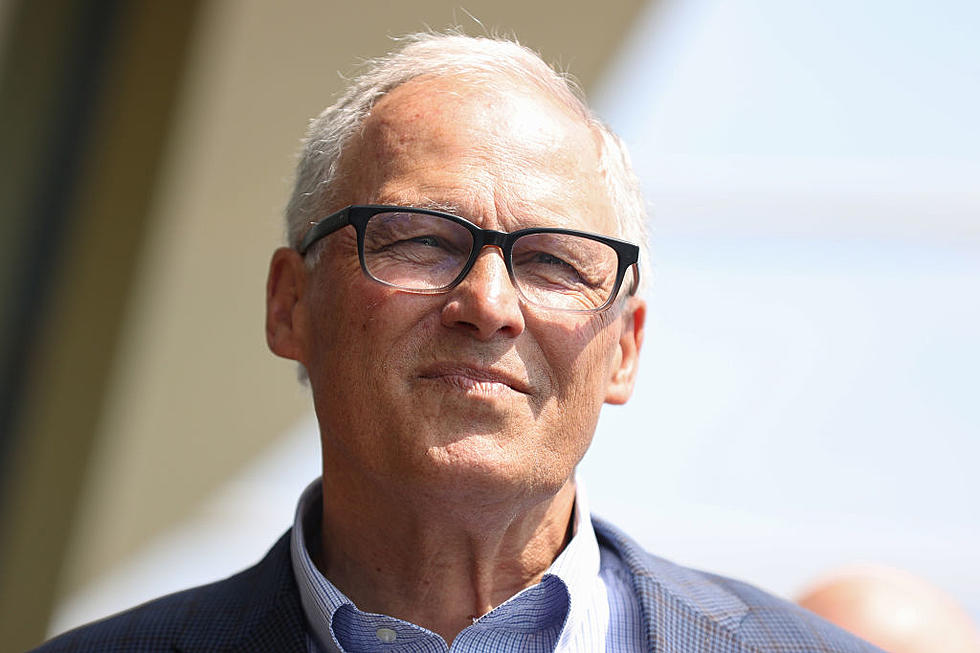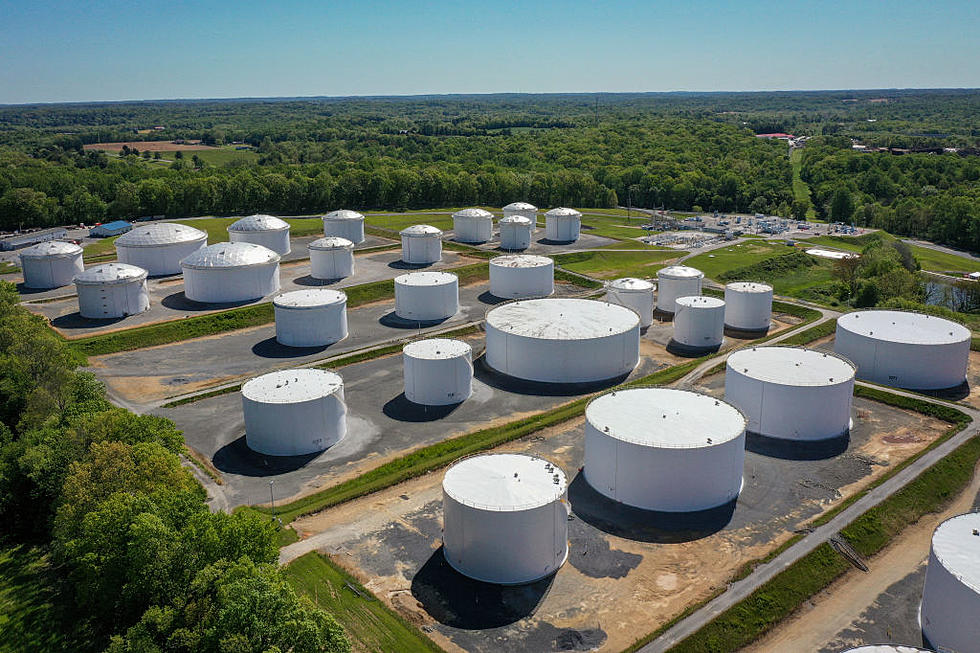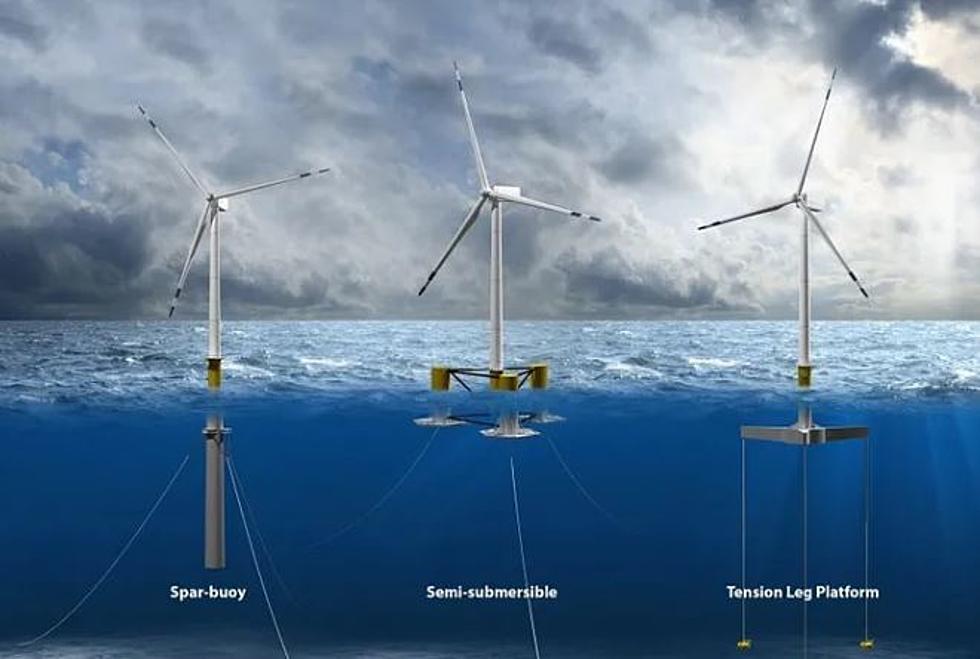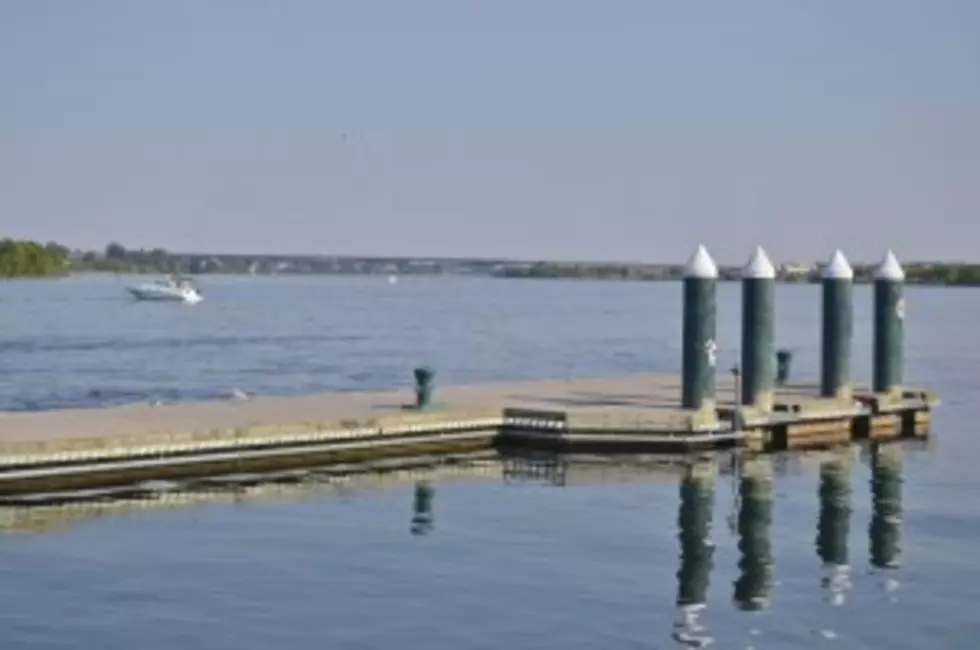
Gov. Inslee’s Proposed Water Standards Could Raise Your Water Bill 550%!
You may have heard of the new water quality standards being pushed by Gov. Inslee. They could cost you dearly.
While there is some validity to Inslee wanting to upgrade outdated standards that don't prevent certain chemicals being discharged into Washington waters from a variety of sources, his new standards could be VERY costly.
In order to enact these stricter rules, which would add at least 90 new elements to the Department of Ecology "bad" list, he wants to modify fish consumption standards.
Currently, water policies are governed by the average amount of fish consumed by Washington state residents. Currently, the state assumes we eat 1/2 a pound of fish a month, on average. In order to push for higher standards, Inslee wants to raise that - a lot!
His new proposal would assume we each consume at least 12 pounds of fish (regardless of source) every 30 days. Based upon increased consumption, Inslee can then have Ecology tighten up water quality standards, nearly to the point where if you spill some soap from washing your car down the sewer, you could practically get fined.
Ok, that's a bit of a stretch. But the big picture is in order to enact these new standards, radical changes in technology and equipment must be implemented in nearly every cities water treatment systems. Farms, industry, even homes, would be facing strict rules for water pollution. According to the Washington Policy Center, studies have shown a person who pays around $35 monthly for their sewer bill (a figure near the state average) could see their cost rocket up to $230 a month! That works out to about 553% of an increase!
MyNorthwest.com reports while Oregon has already enacted similar water quality standards, they cannot implement them, because the technology to clean the water to that level doesn't exist yet!
And, that technology may not be available for years to come:
According to MyNorthwest:
"Boeing even entered the discussion. They've warned that this could have unintended consequences for continued Boeing production in the state because of the potential for millions of dollars of extra payout. Boeing spokeswoman Megan Hilfer told The Seattle Times: "We support a water quality standard that protects human health and the environment, while at the same time, allows for the growth of our business and the state's economy."
Such standards, as pointed out by Boeing, could have potentially disastrous effects on our economy, and like many other decisions made by politicians, further discourage businesses from considering setting up shop in our state.
These standards would also severely cripple the farming industry, according to the Policy Center. Agricultural operators already face extremely tight and difficult restrictions as it is.
More From 870 AM KFLD
